- Eczema — or atopic dermatitis — is a skin condition marked by itchy, inflamed, skin and affects more than 30 million Americans. Though its causes aren’t known, it is linked to asthma, hay fever, and food allergies.
- Eczema also seems to be connected to the intestinal microbiome, and research indicates that prebiotics (fiber-rich food that feeds our gut bacteria) might be helpful in preventing and alleviating eczema.
- Other nutrients that help eczema include anti-inflammatory fatty acids, micronutrients that support immune function, and phytochemicals.
- Conversely, fast food and processed food have been linked to increasing both the prevalence and severity of eczema symptoms.
If you’re one of the estimated 31.6 million Americans suffering from eczema, chances are just hearing the word eczema is enough to make your skin crawl. The term is a bit of a catch-all to describe a number of skin conditions marked by itchy, red, inflamed skin.
There are a few variations of eczema, including contact dermatitis, which happens as a result of coming in contact with an allergan or other irritant; dyshidrotic eczema, which affects the hands and feet and appears as itchy blisters; and seborrheic dermatitis, a chronic form of eczema that shows up on the scalp, nose, or other oily parts of the skin.
But when people talk about eczema, typically they’re specifically talking about atopic dermatitis, the most common form of eczema, which affects an estimated 18 million adults in the U.S.
Atopic dermatitis tends to strike young and rarely starts in adulthood (so if you’re currently eczema-free, you’re probably in the clear). About 90 percent of eczema-sufferers will experience their first bout with eczema before they blow out the candles at their fifth birthday party.
While doctors and researchers are still trying to pinpoint the exact causes of atopic dermatitis, there are a few likely suspects. For one, there’s a link between eczema and other allergies. About half of the people who have severe eczema also have asthma, and about two-thirds of eczema-sufferers also have hay fever. There seems to be a strong hereditary component as well. Kids with one or more parent that has atopic dermatitis, asthma, or hay fever are more likely to develop eczema.
Certain environmental factors can trigger eczema flare-ups, such as stress, certain fabrics or detergents, or dry skin — as well as what you put into your body. Though not fully understood yet, there’s a definite connection between eczema and food, too, as about 30 to 40 percent of babies and children with atopic dermatitis have food allergies.
Related: Signs Your Gut Is Unhealthy and Why You Should Fix It
Eczema and diet explained
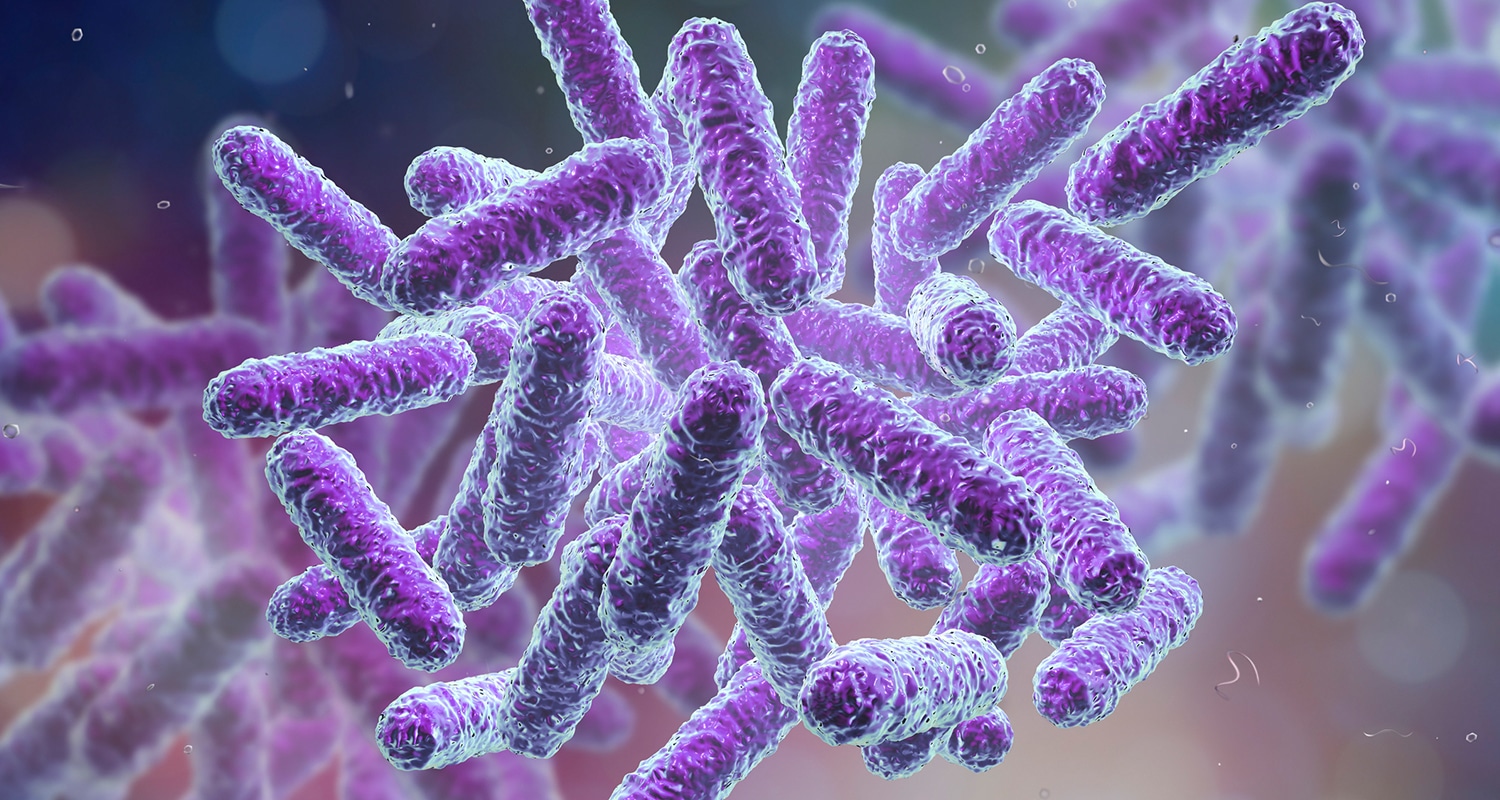 “Eczema is more common in Westernized nations, which is a clue that diet might be involved,” says Dr. Joel Fuhrman, M.D., author of Super Immunity. “Since eczema is a disease that involves both immune function dysregulation and skin inflammation, the pro-inflammatory or anti-inflammatory properties of foods, plus nutrients affecting the immune system can affect this condition.”
“Eczema is more common in Westernized nations, which is a clue that diet might be involved,” says Dr. Joel Fuhrman, M.D., author of Super Immunity. “Since eczema is a disease that involves both immune function dysregulation and skin inflammation, the pro-inflammatory or anti-inflammatory properties of foods, plus nutrients affecting the immune system can affect this condition.”
Research lends more support to the eczema-gut link. “Some differences in microbiome profiles and diversity have been noted between patients with eczema and healthy controls, though it’s not clear if there is a specific microbiome profile associated with eczema,” Fuhrman adds. One study showed a connection between antibiotic use in the first year and the development of eczema around age 6 or 7. This implicates the microbiome by suggesting that eczema may be linked to the disruption of normal gut microbiota by antibiotics.
Related: How to Enhance Your Baby’s Gut for Life-long Health
The immune system factors into the eczema-gut relationship as well. “Many of the body’s immune cells are located in the gut, and the microbiome is deeply intertwined with immune function,” Fuhrman says. “There is also some evidence for a ‘gut-skin axis’ in which substances produced by the microbiome modulate inflammation and itch in the skin.”
Eczema and prebiotics
 So if a happy gut can lead to happier skin, what should you be putting in your gut to get some relief from eczema? Prebiotics might be a potent ally. Prebiotics are high-fiber foods, like asparagus or artichokes, that fuel your gut biome, which in turn keeps your intestinal cells healthy.
So if a happy gut can lead to happier skin, what should you be putting in your gut to get some relief from eczema? Prebiotics might be a potent ally. Prebiotics are high-fiber foods, like asparagus or artichokes, that fuel your gut biome, which in turn keeps your intestinal cells healthy.
Related: Move Over Probiotics. Synbiotics Are the Gut Supplement You Need
Research published in the Archives of Disease in Childhood found that adding prebiotics to the diets of formula-fed infants reduced the incidence of eczema in the babies’ first six months. A study published four years later produced similar results showing a link between prebiotics and atopic dermatitis prevention among infants.
“The best way to keep your gut bacteria healthy is with your diet: to consume prebiotics,” Fuhrman says.
Why not just take a probiotic? Taking a probiotic supplement isn’t necessary for most people, unless you’ve recently taken an antibiotic or have a gastrointestinal condition that warrants probiotic therapy, says Fuhrman. (Prebiotics feed good bacteria, while probiotics are good bacteria.)
“Plus, it’s important to understand that the microbes from a probiotic supplement won’t successfully populate your gut unless they have sustenance, meaning the fiber that will enable them to adhere to the villi lining the gut.”
Translation: you can put all the good bacteria into your belly, but if they have nothing to eat, by way of prebiotic foods, they’ll die off immediately — a shame for your gut and your wallet.
Eating to alleviate eczema
In addition to prebiotics, there are other nutrients that may help atopic dermatitis. A healthy, whole-foods diet in general seems to be one way to avoid eczema. “A study across 53 countries showed that eczema prevalence was lower in nations with greater per capita intake of vegetables, plant protein, fish, and provitamin A carotenoids, such as alpha- and beta-carotene,” Fuhrman explains.
Anti-inflammatory fatty acids
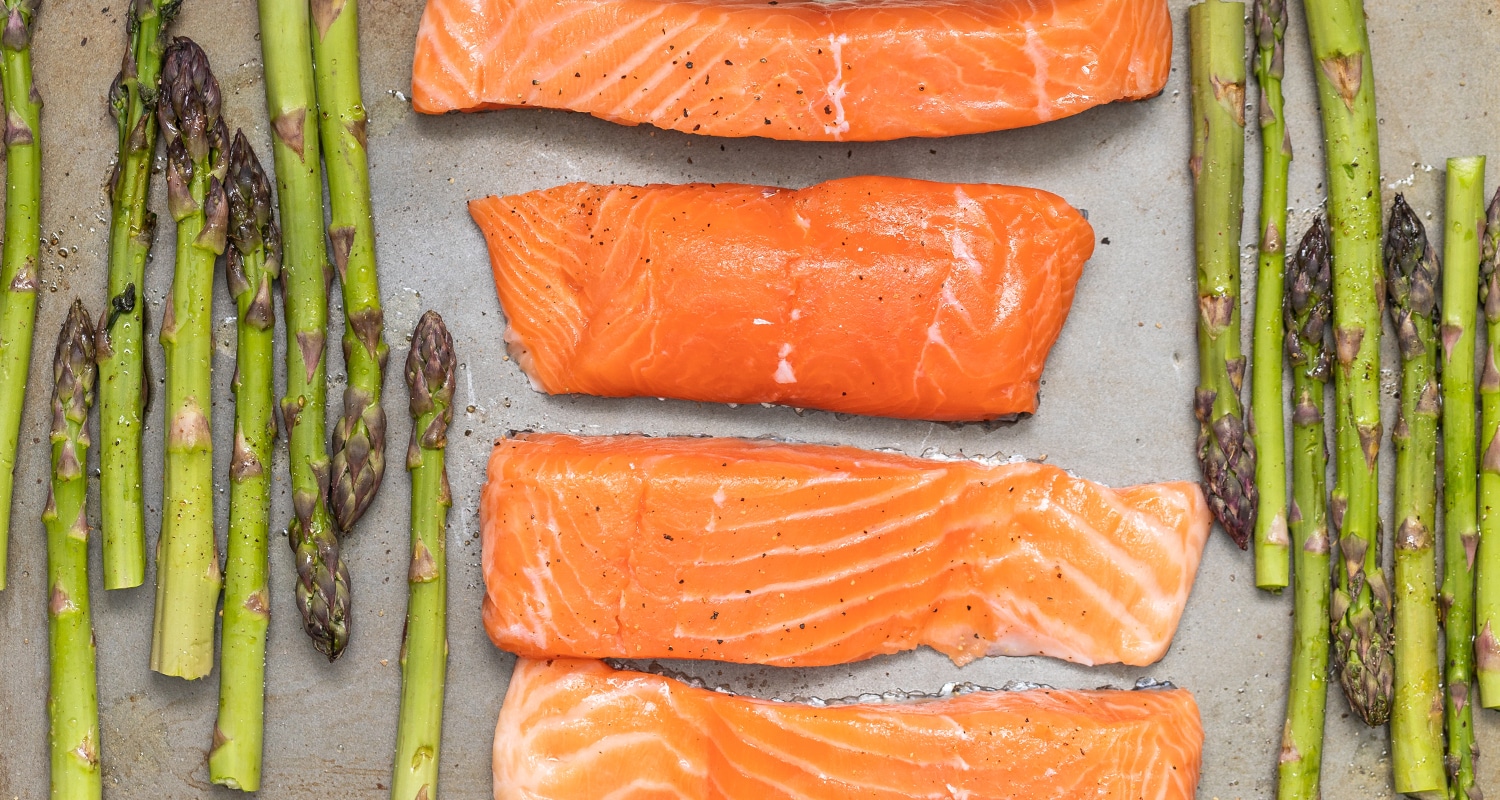 Another rule of thumb when it comes to eating to alleviate eczema symptoms: Integrate nutrients that have anti-inflammatory effects. “Supplementation with omega-3 fatty acids (EPA and DHA) during pregnancy has been linked to a lower risk of eczema in several studies, likely due to the anti-inflammatory nature of these fats,” Fuhrman says. Additional research suggests that consuming omega-3-rich fish at an early age may ward off eczema in infants. Fuhrman recommends taking a DHA/EPA supplement and also consuming omega-3-rich foods daily.
Another rule of thumb when it comes to eating to alleviate eczema symptoms: Integrate nutrients that have anti-inflammatory effects. “Supplementation with omega-3 fatty acids (EPA and DHA) during pregnancy has been linked to a lower risk of eczema in several studies, likely due to the anti-inflammatory nature of these fats,” Fuhrman says. Additional research suggests that consuming omega-3-rich fish at an early age may ward off eczema in infants. Fuhrman recommends taking a DHA/EPA supplement and also consuming omega-3-rich foods daily.
Shop Now: Omega Krill Complex DHA/EPA Supplement
Immune-boosting micronutrients
 The immune system relies on several micronutrients, including vitamin C, vitamin A, zinc, and vitamin D, to function properly, and deficiencies can compromise its function. “Vitamin C and provitamin A carotenoids are abundant in colorful vegetables and fruits, and zinc is found in nuts,” Fuhrman says. “I recommend supplementing with vitamin D and zinc,” he says. Because the body can’t store it, you need to replenish each day.
The immune system relies on several micronutrients, including vitamin C, vitamin A, zinc, and vitamin D, to function properly, and deficiencies can compromise its function. “Vitamin C and provitamin A carotenoids are abundant in colorful vegetables and fruits, and zinc is found in nuts,” Fuhrman says. “I recommend supplementing with vitamin D and zinc,” he says. Because the body can’t store it, you need to replenish each day.
Anti-inflammatory phytochemicals
 Phytochemicals found in plants help keep your immune system ticking while keeping inflammation at bay. “Dietary compounds from cruciferous vegetables play very large role in intestinal immune function, maintaining appropriate amounts of immune cells called intraepithelial lymphocytes, and protecting intestinal epithelial cells from damage,” Fuhrman says. (Just make sure to cook cruciferous vegetables before eating them to keep them Bulletproof.)
Phytochemicals found in plants help keep your immune system ticking while keeping inflammation at bay. “Dietary compounds from cruciferous vegetables play very large role in intestinal immune function, maintaining appropriate amounts of immune cells called intraepithelial lymphocytes, and protecting intestinal epithelial cells from damage,” Fuhrman says. (Just make sure to cook cruciferous vegetables before eating them to keep them Bulletproof.)
Flavonoids found in berries, green tea, and a host of other foods provide a line of defense as well. “These compounds alter cell signaling pathways leading to reduced inflammation and activation of the body’s natural antioxidant system,” according to Fuhrman. “A high-fiber nutritarian diet is rich in antioxidants and phytonutrients that helps regulate immune function and I have seen this help improve and resolve eczema for over 30 years,” he says.
Food and eczema flare-ups
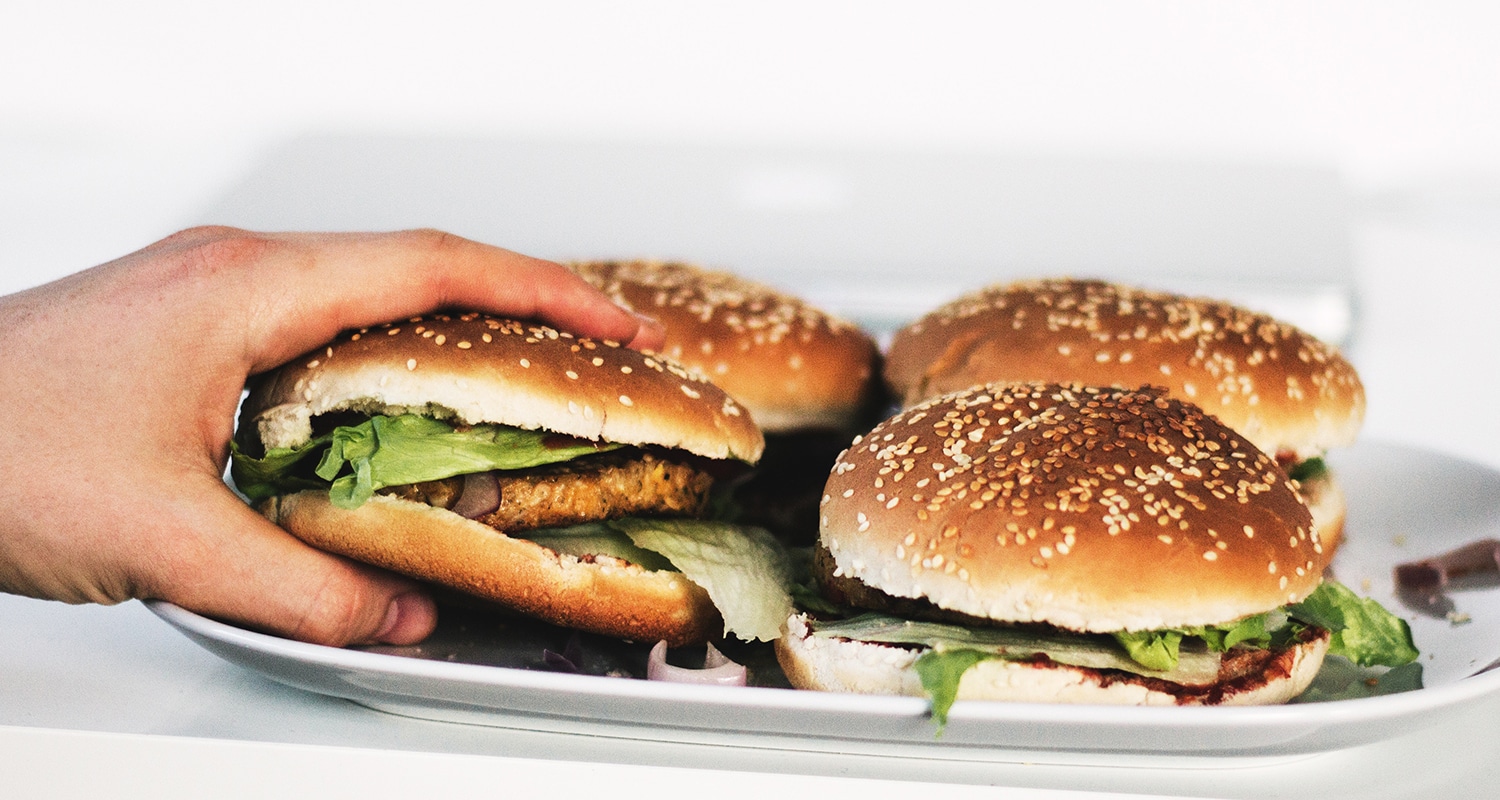 On the flip side, while what you eat may positively impact eczema, it can also exacerbate it. The most obvious culprit? Fast food and processed foods. In fact, a study on allergic diseases in children found that fast food consumption was linked to both prevalence and severity of eczema symptoms. What’s more, this finding was consistent across different regions across the globe.
On the flip side, while what you eat may positively impact eczema, it can also exacerbate it. The most obvious culprit? Fast food and processed foods. In fact, a study on allergic diseases in children found that fast food consumption was linked to both prevalence and severity of eczema symptoms. What’s more, this finding was consistent across different regions across the globe.
“There are several reasons why fast foods and processed foods may exacerbate eczema symptoms,” Fuhrman says. For starters, there’s the advanced glycation end products (AGEs) that are formed during baking and frying and produced in the body when blood glucose is high, according to Fuhrman. These can lead to oxidative stress and inflammation. Then there are the negative effects of bad fats. “The large amounts of animal products and vegetable oils can shift the balance toward higher omega-6 versus omega-3 fatty acid intake,” he says.
And of course, the literal gut punch delivered by carbs found in fast and processed foods. The lack of fiber in refined carbohydrates harms the gut microbiome,” Fuhrman says. “These are also nutrient-poor, calorie-rich foods that crowd healthful, nutrient-rich foods out of the diet, leading to micronutrient insufficiencies, low phytochemical intake, and weight gain. In adults and children, being overweight or obese increases the risk of eczema. Excess fat is pro-inflammatory.”








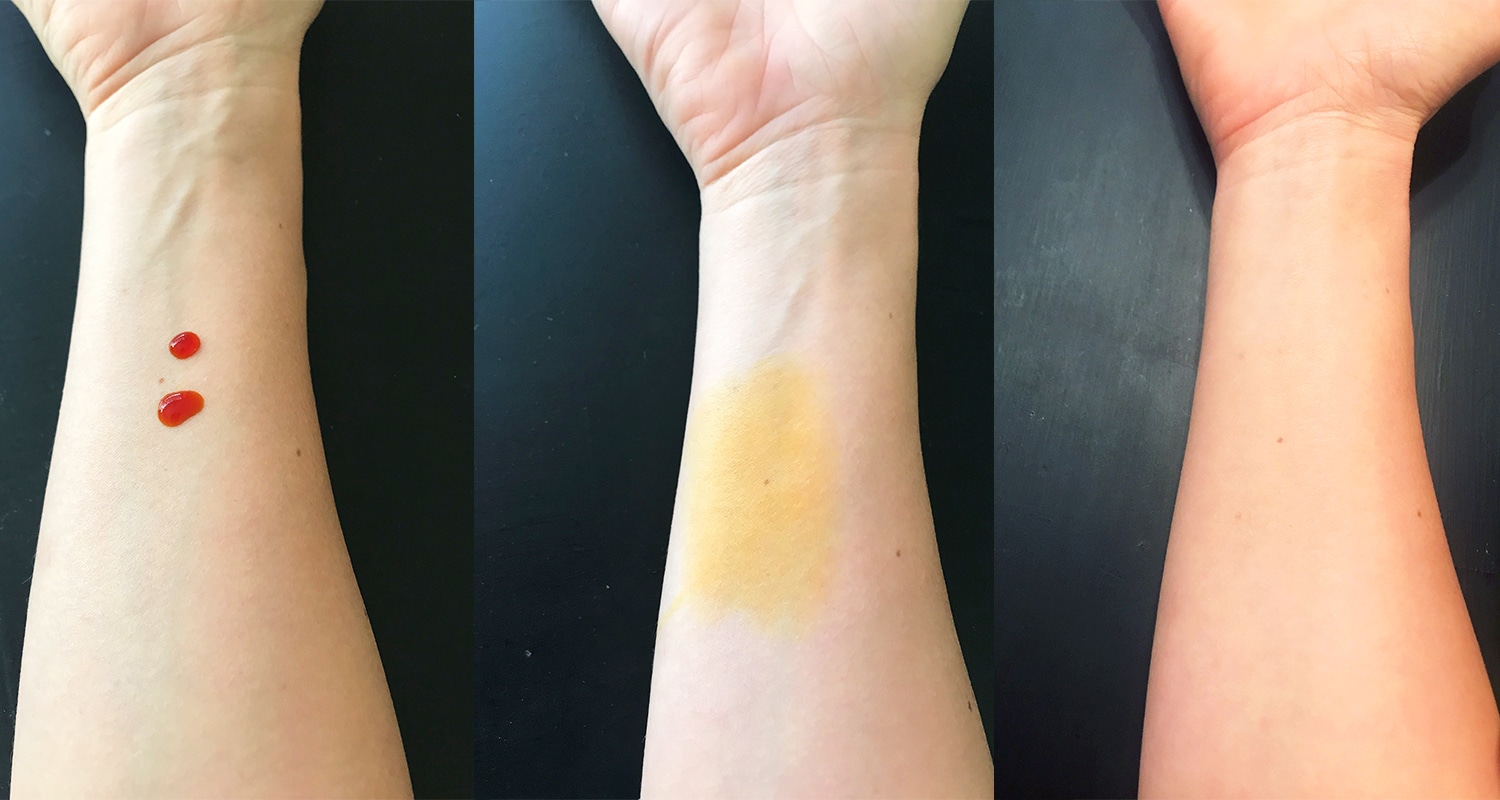
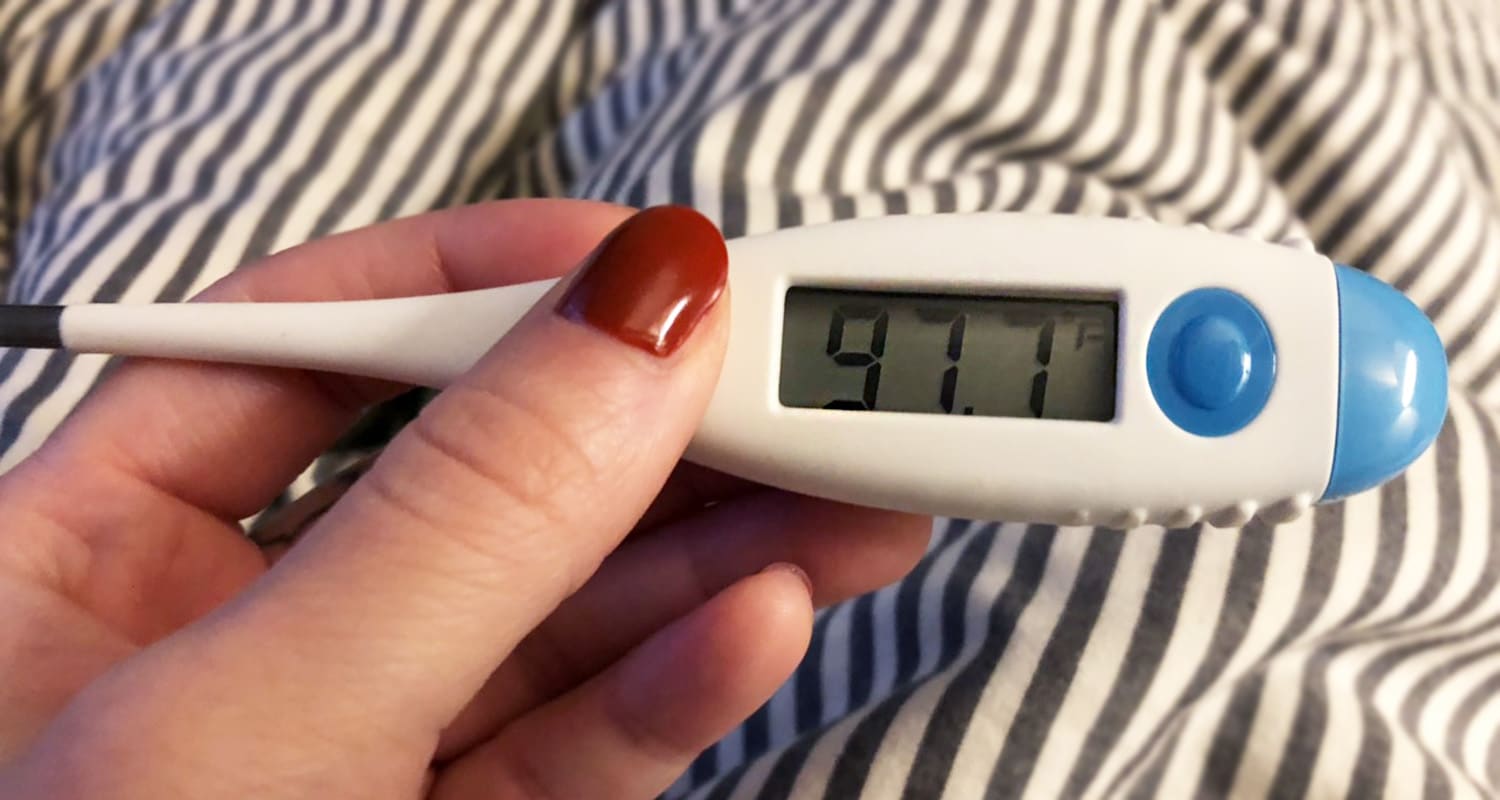


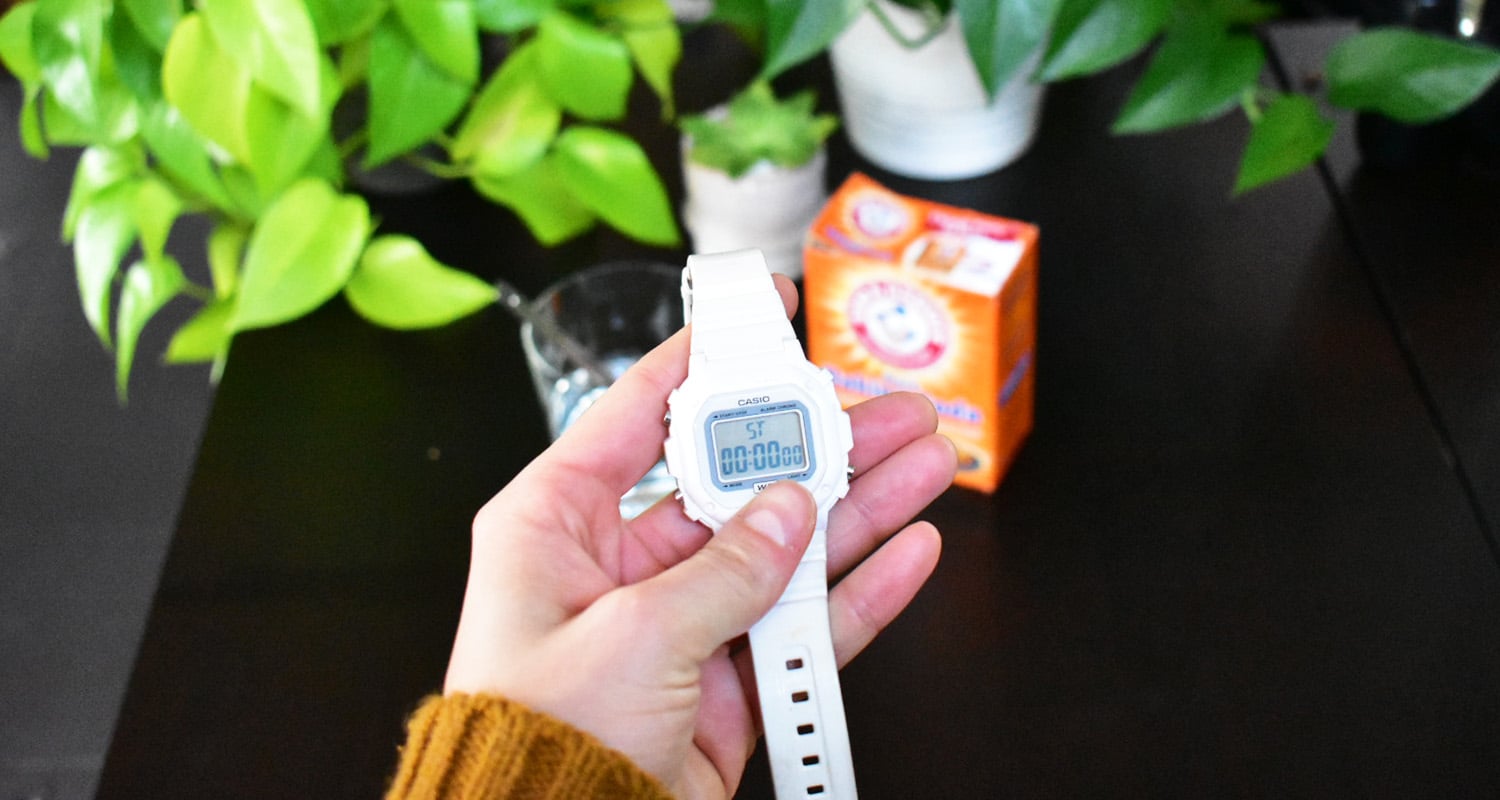

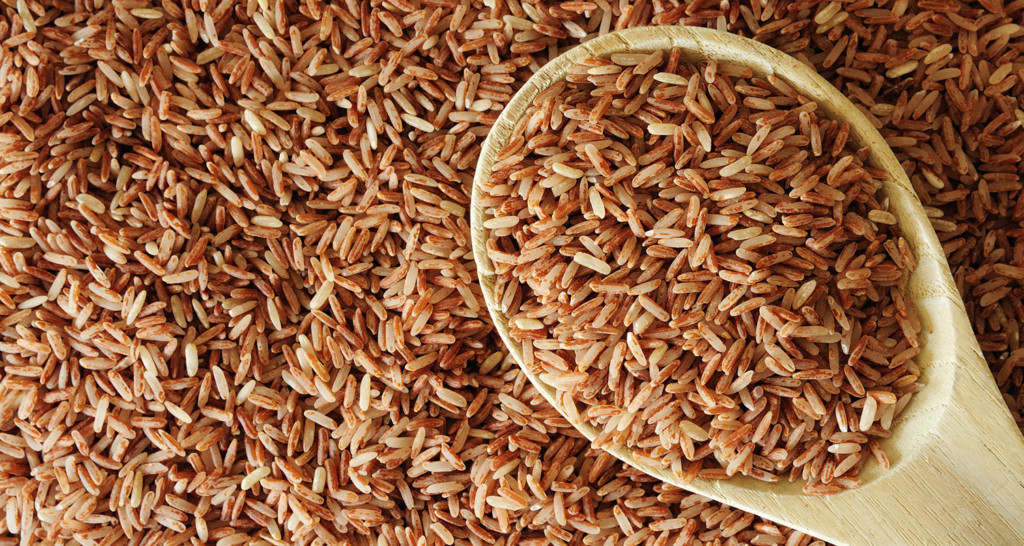

 Kratom is an evergreen tree (Mitragyna speciosa) native to Southeast Asia. It’s related to coffee, and has been popular for decades in Thailand, where workers either chew its leaves or brew it into a tea and drink it to improve their productivity. Kratom is the most commonly used drug in Thailand,[ref url=”http://www.emcdda.europa.eu/publications/drug-profiles/kratom#control”] despite being illegal there.
Kratom is an evergreen tree (Mitragyna speciosa) native to Southeast Asia. It’s related to coffee, and has been popular for decades in Thailand, where workers either chew its leaves or brew it into a tea and drink it to improve their productivity. Kratom is the most commonly used drug in Thailand,[ref url=”http://www.emcdda.europa.eu/publications/drug-profiles/kratom#control”] despite being illegal there.
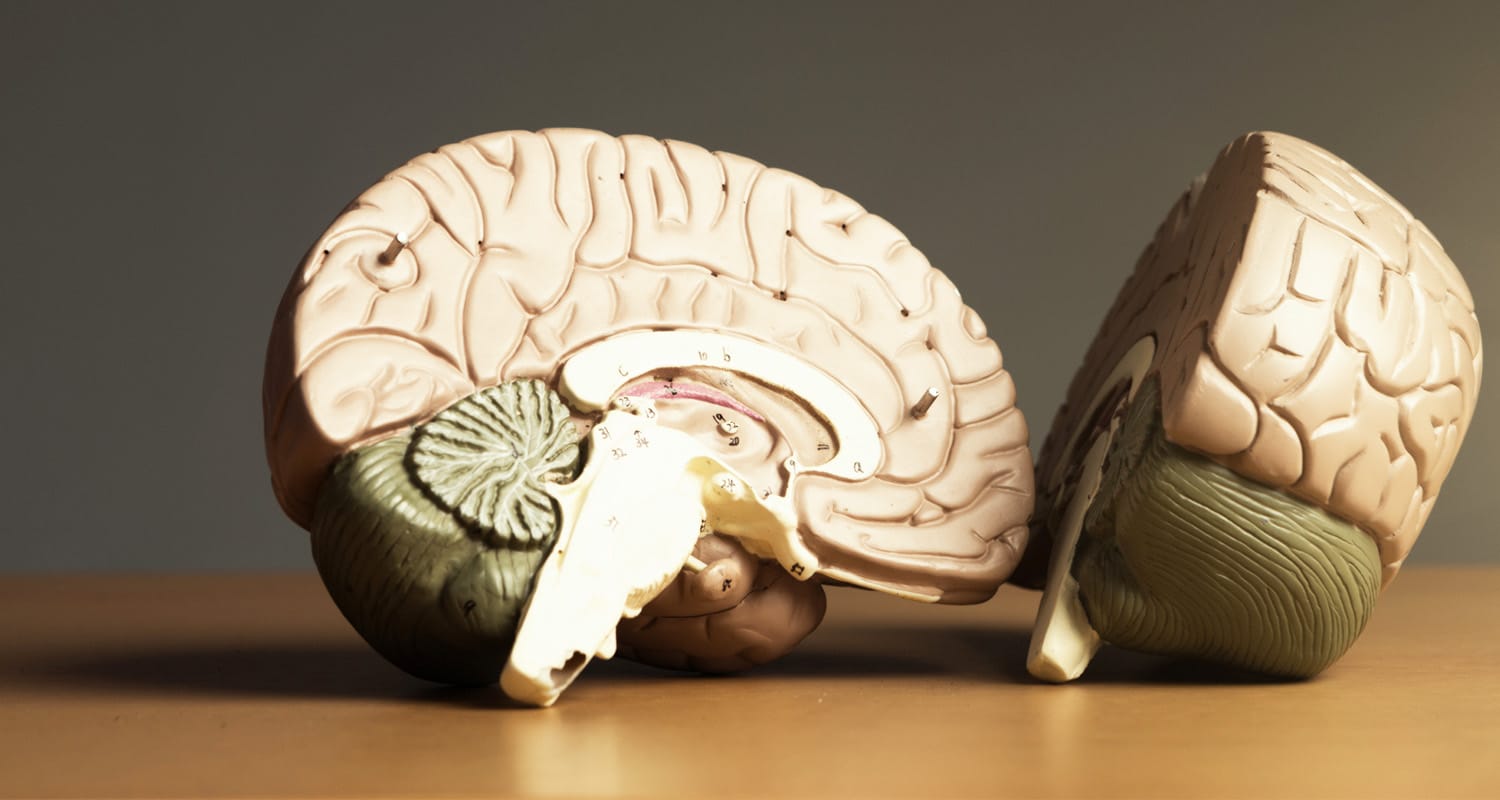 The FDA and DEA’s main evidence for banning kratom was that it caused 44 deaths in the last five years, and that it’s potentially fatal to the average user.
The FDA and DEA’s main evidence for banning kratom was that it caused 44 deaths in the last five years, and that it’s potentially fatal to the average user.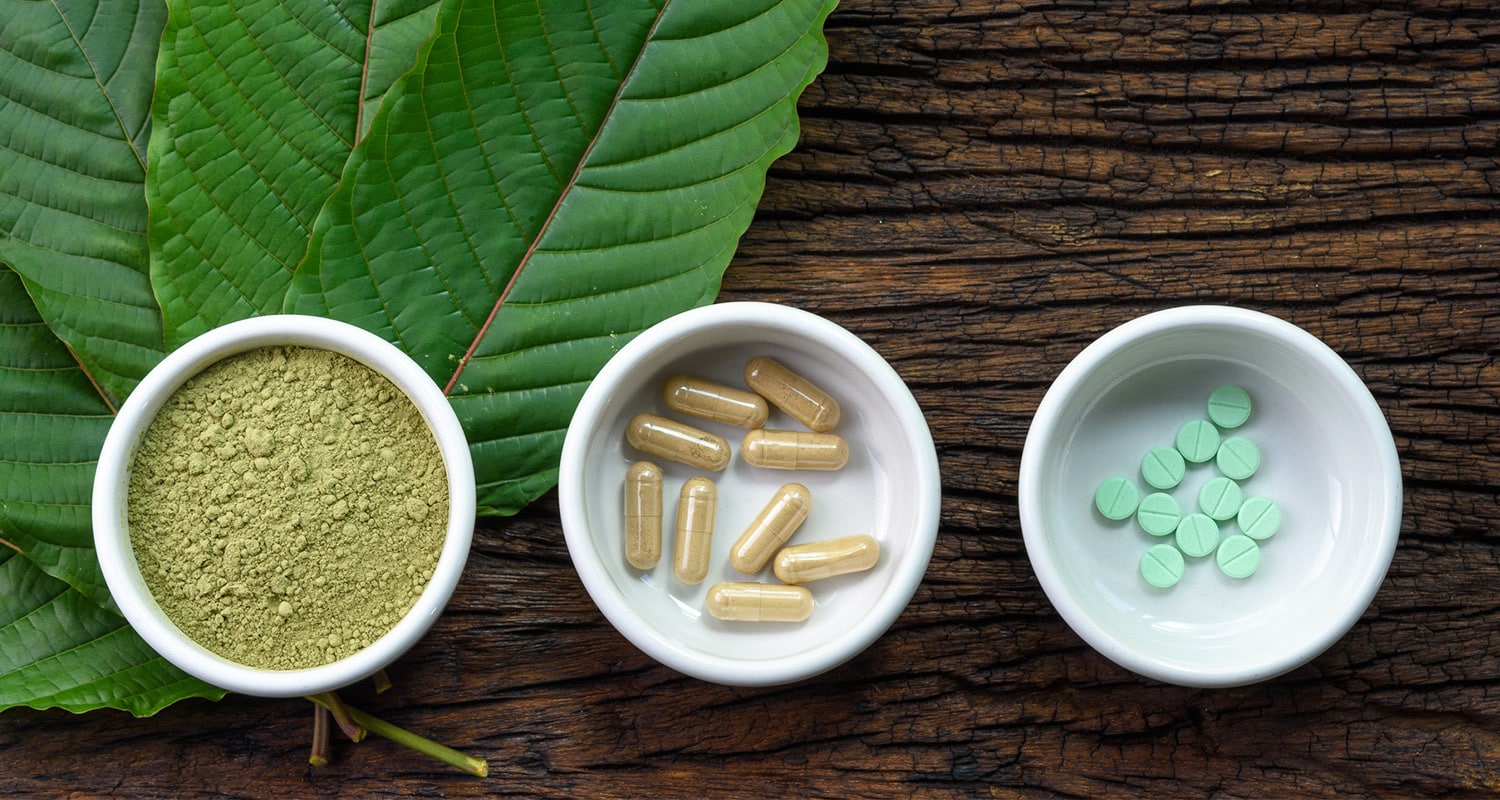 Kratom is unusual — it has what would seem to be contradictory effects depending on the dose you take.
Kratom is unusual — it has what would seem to be contradictory effects depending on the dose you take.